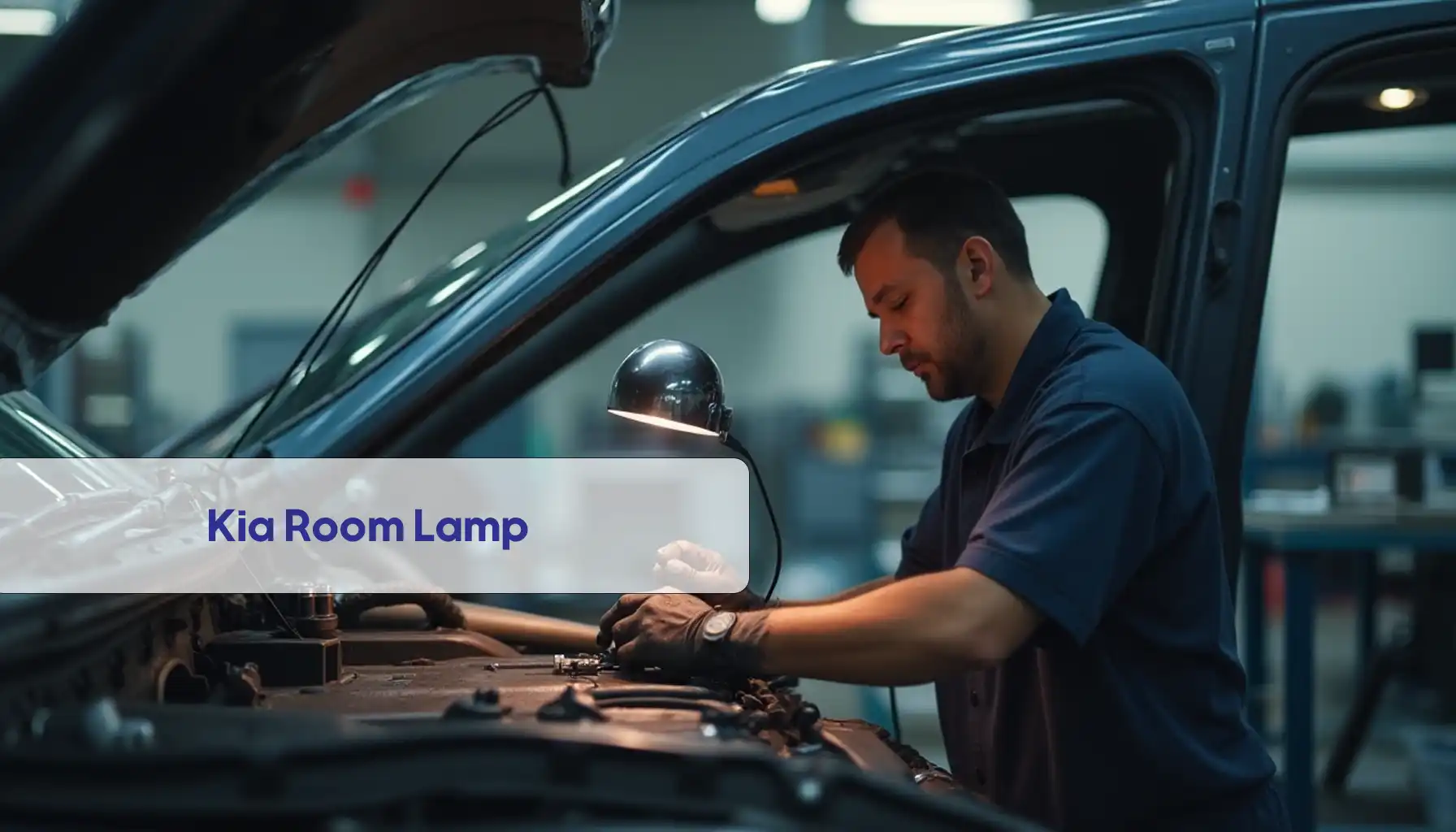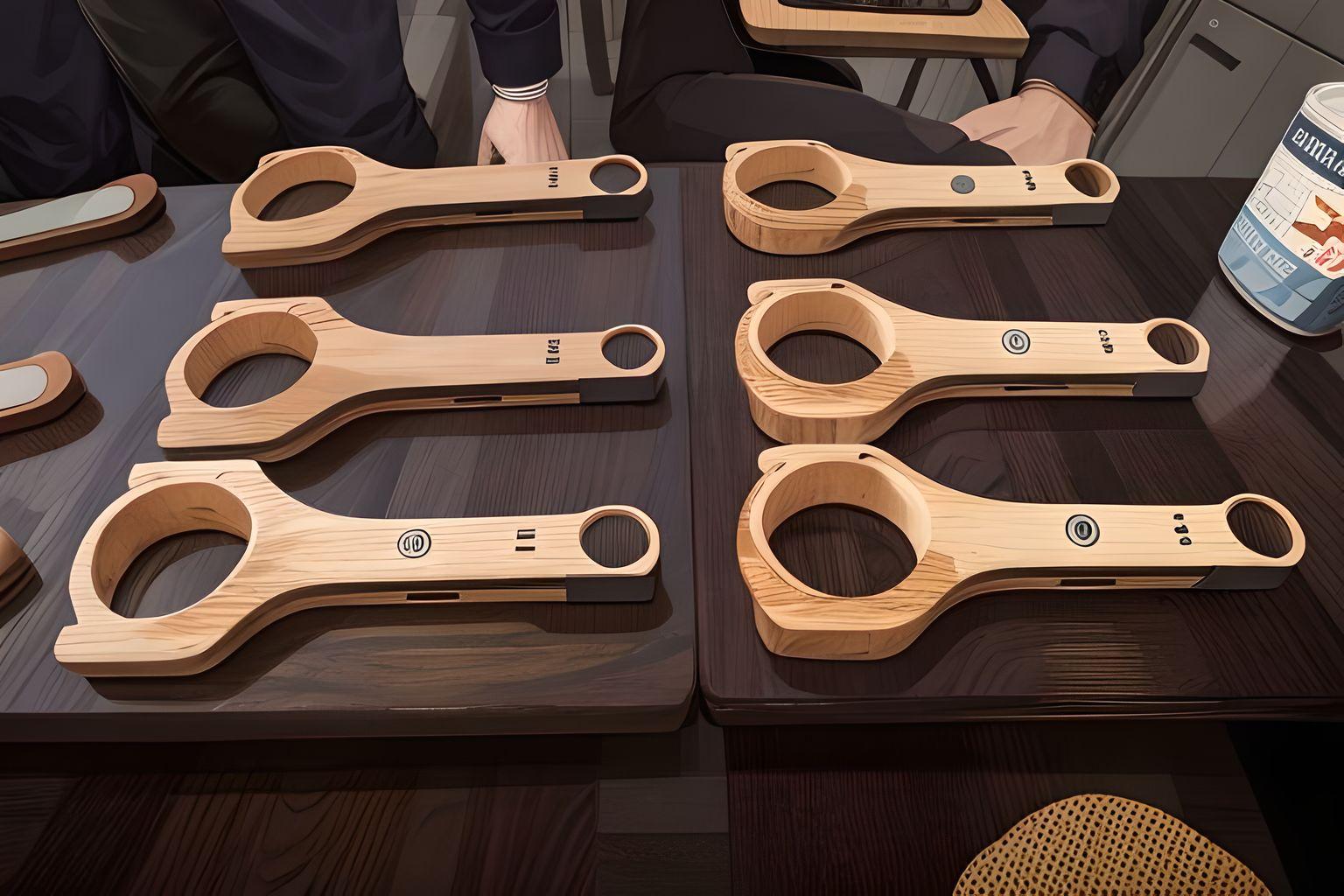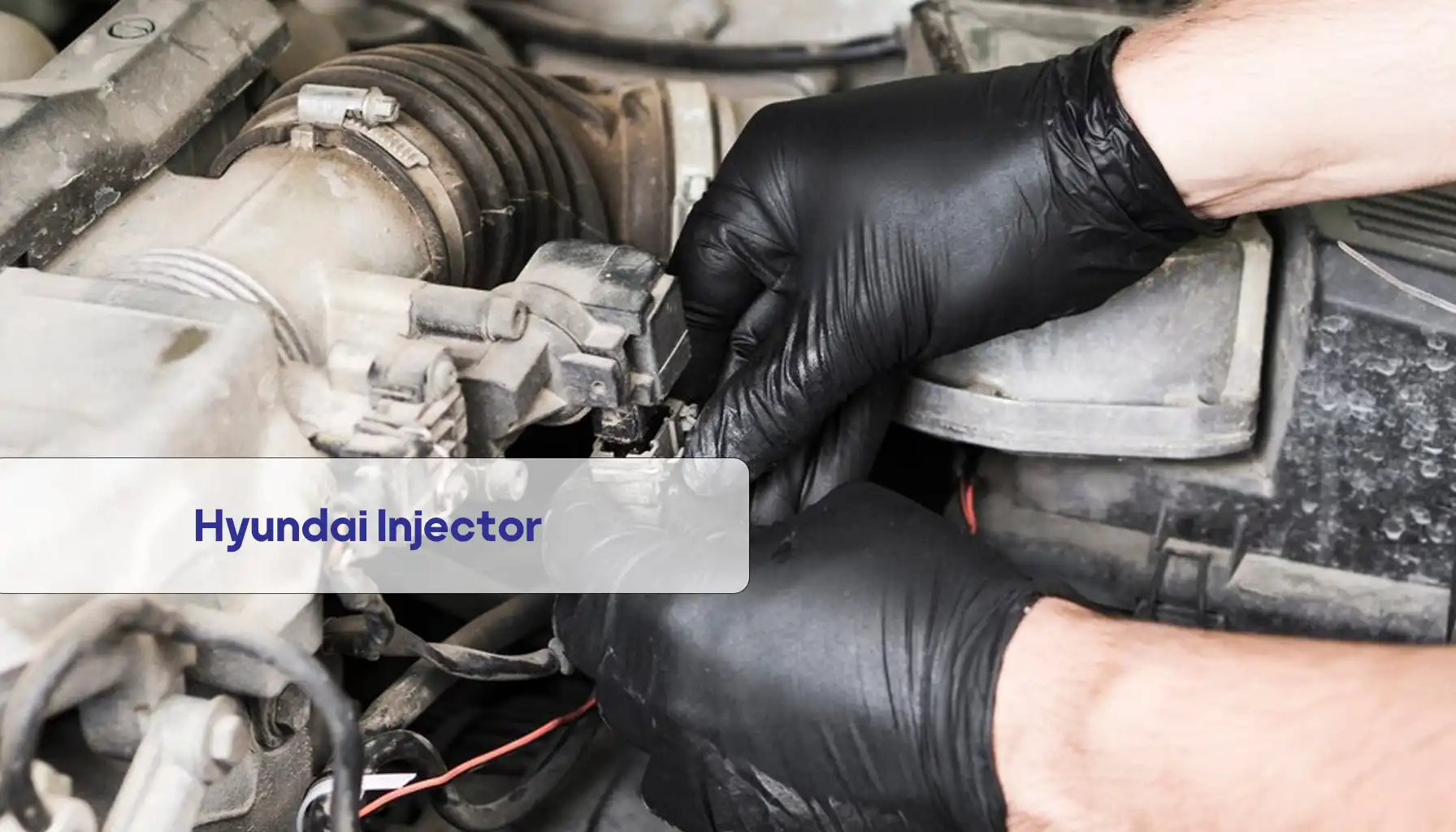
If you have ever experienced your front disc brake rubbing or locking up while driving, you know how scary and frustrating it can be.
It’s not just about the safety risks but also the annoying noises and damaged components that come with it. In this blog post, we’ll explain why your front disc brake might be rubbing or locking up and give you some tips on fixing it.
What is Front Disc Brake Rubbing and Locking Up?
Front disc brake rubbing and locking up are two related but different problems that can occur with your braking system.
Rubbing happens when the brake pads are constantly in contact with the brake rotor, creating friction and heat. As a result, brake pads and rotors may wear prematurely, causing squeaking or grinding sounds.

If your brakes make weird noises or do not work well, it’s probably because the pads and rotor are worn out. When your wheels lock up, you can’t steer anymore and might even damage your brakes, tires, and steering. It’s not good.
Now, let’s figure out what causes the problem and then come up with a fix.
What Causes Front Disc Brake Rubbing and Locking Up?
There are many possible causes for front disc brake rubbing and locking up, but here are some of the most common ones:
- Damaged or worn brake calipers, pads, or rotors. These are the main components of your disc brake system, and they need to be in good condition and properly aligned to function smoothly. If any of these parts are damaged, warped, or worn out, they can cause the brake pads to rub or lock up on the rotor.
How to deal with damaged or worn brake calipers
You must check your brake calipers, pads, and rotors regularly. If they are worn out or show signs of damage, you should replace them promptly.
- Defective or dirty ABS. ABS stands for anti-lock braking system, a feature that prevents your wheels from locking up and skidding when you brake hard. It uses sensors and hydraulic valves to modulate the brake pressure according to the wheel speed and traction. However, if the ABS is defective or dirty, it can malfunction and cause the brake pressure to be too high or too low, resulting in brake rubbing or locking up.
How to avoid defective or dirty ABS
You should check your ABS for any error codes and clean the sensors and valves if they are dirty.
- Overheated braking system. When you brake, the friction between the pads and the rotor generates heat. The airflow and the brake fluid typically dissipate this heat. However, if you brake too hard or too often, especially at high speeds or on steep hills, the heat can build up and cause the brake caliper to expand and stick to the brake pads. This can cause the brake pads to rub or lock up on the rotor, even when you are not braking.
How to make the braking system last longer
If you want your vehicle’s braking system to last longer and perform at its best, avoiding unnecessary or excessive braking is best. Frequent and sudden use of brakes can wear down the brake pads and rotors and generate heat that can cause them to overheat.
Overheated brakes can become less effective, so you’ll have to brake earlier and drive more carefully. If you observe any signs of overheating, like a burning smell or a spongy brake pedal, it’s essential to let your brakes cool down before driving again. You can pull over to a safe spot and avoid further brake use until they return to an average operating temperature.
- Incorrect or contaminated brake fluid. Brake fluid is the liquid that transfers the brake pressure from the master cylinder to the brake calipers. It must be compatible with your brake system and free of air, water, or dirt. If you use the wrong type of brake fluid, or if your brake fluid is contaminated, it can affect the brake pressure and cause the brake pads to rub or lock up on the rotor.
When should you replace the disc brakes?
Brake fluid should be flushed and replaced every two years or as the manufacturer recommends for your vehicle.
Do the disc brakes rub and lock up on the front wheels? Here’s how to fix it.
Depending on the cause of the problem, there are different ways to fix the front disc brake rubbing and locking up. Here are some of the standard solutions in detail:
- Align the brake calipers. Brake pads can rub or lock up on brake rotors if the brake calipers are not centered over them.
To align the brake calipers, loosen the bolts holding them to the fork or frame, then squeeze the brake lever to center them. While holding the brake lever, tighten the bolts alternately and evenly. You can also use a flashlight or paper to check the gap between the brake pads and the rotor and adjust the calipers accordingly.

- True, the brake rotors. When the brake rotors are bent or warped, the brake pads can rub or lock up on the rotors. To true the brake rotors, you must use a unique tool called a rotor truing fork or a flat-head screwdriver to bend the rotor back into shape.
You need to spin the wheel, identify the spots where the rotor is rubbing, and then apply gentle pressure to the rotor in the opposite direction. You should be careful not to damage the rotor or the brake pads.
- Clean the ABS. If the ABS gets all gunked up with dirt, it can make the brake pressure all wonky and cause the brake pads to stick and rub against the rotor.
To clean it well, you must find the sensors and valves and then use a cloth or brush to wipe away all the crud. If there’s a lot of dust or grime, you can blow it out with compressed air or brake cleaner. Don’t use oil or grease because they’ll mess up the brake fluid and pads.
- Replace the brake fluid. If the brake fluid is incorrect or contaminated, it can cause the brake pressure to be abnormal and push the brake pads to rub or lock up on the rotor. To replace the brake fluid, you need to use a brake bleeder kit or a hose and a bottle to drain the old brake fluid from the brake system. You need to start from the farthest wheel from the master cylinder and work to the closest one. You need to refill the brake fluid reservoir with the correct type of brake fluid and pump the brake pedal until the brake fluid comes out clear and bubble-free. You should also check for any leaks or air in the brake system.
Conclusion
if you are having trouble with your brakes, you have to take serious precautions.
Front disc brake rubbing and locking up are common issues that can mess up your braking game and threaten your safety.
There could be many reasons behind these problems, such as worn or damaged brake parts, a grimy or malfunctioning ABS, a hot and bothered braking system, or brake fluid that’s either bad or contaminated.
You can get things right by fixing your brake calipers, ensuring your brake rotors are actual, cleaning the ABS, or replacing your brake fluid. But hold on a second! If you need more confidence or experience to handle these repairs, it’s best to take your ride to a professional mechanic for some expert TLC.
Remember, your brakes are one of your vehicle’s most critical safety features, so don’t ignore or take them lightly. Stay safe out there!



